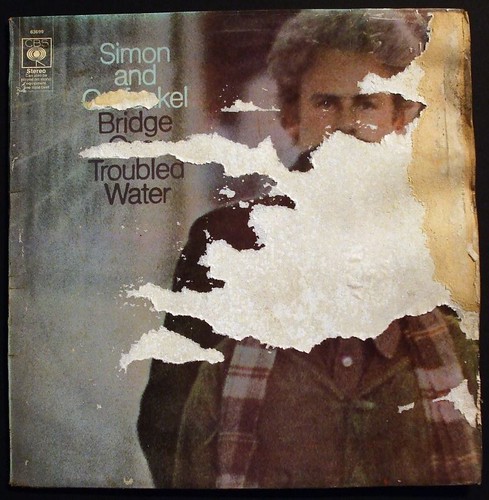Last Updated on April 13, 2011, 8:57 pm ET
Today ARL and the American Library Association filed reply comments with the Copyright Office on a fascinating and tricky technical question: should sound recordings made prior to February 15, 1972, receive federal copyright protection? The Office has been investigating whether federal protection would foster better preservation of older sound recordings for a while, has solicited comments and reply comments, and will be holding roundtable discussions in June.
In our reply comments, we suggest that while federal law does promise uniformity and clear exemptions, these benefits are likely to be outweighed by the risk of statutory damages and the narrow limits of federal exceptions. We also suggest that state common law would likely recognize fair use, a flexible exception that would allow libraries to do a great deal of preservation and access work.
It is perhaps a little-known fact that sound recordings were a kind of stepchild of copyright law until the 1970s. While newer recordings are subject to federal law, pre-1972 sound recordings remain a separate category. In lieu of federal copyright protection, these sound recordings receive protection under state law, including unfair competition and anti-piracy statutes as well as common law copyright.
Because state law can vary from jurisdiction to jurisdiction and there are typically no explicit statutory exceptions (such as the library and archive exceptions in Section 108 or fair use in Section 107) to state law protection, many in the library community have seen federal protection as an improvement over state regimes.
Our reply comments suggest a different view. First, federal protection would raise the stakes dramatically for libraries by bringing harsh federal statutory damages provisions into play. The possibility of statutory damages significantly changes the risk calculus for institutions planning innovative uses of these sound recordings, as even a slight risk of being subject to crushing damages can be a good reason to abandon a project. State law damages, by contrast, would likely be based on remedying actual harm to an aggrieved rights holder. Library projects are highly unlikely to inflict significant commercial harm, and thus would be exposed minimal damages if challenged.
Second, the explicit exceptions in Section 108 are far from ideal. The limits on access, on the number of copies, and on when a work may be copied for preservation or access purposes render the exceptions considerably less helpful than they could otherwise be, as is demonstrated by recent efforts to revise and reform it.
State law, on the other hand, is not so bad as it might seem at first glance. Studies show that most, if not all, state anti-piracy and unfair competition laws are written in a way that effectively excuses library uses altogether. State common law copyright is trickier, but we suggest that if the Copyright Office were to examine the issue comprehensively, it would likely find that fair use should be available in all states. The flexible common law application of fair use should allow a variety of legitimate library uses. An authoritative declaration from the Office that fair use is available against state common law infringement claims could go a long way to remedying the uncertainty and doubt that clouds library treatment of these important recordings.
The full comments are available here.




